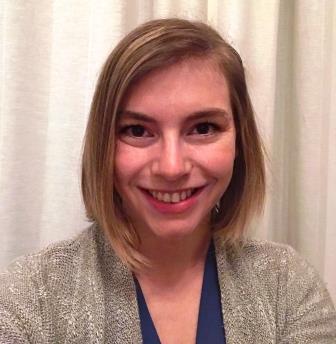Anne Koomen, MS, ARNP is a psychiatric nurse practitioner on the Olympic Peninsula, an area of Washington that struggles to maintain adequate access to specialty services. Her work in mental health services began in the early 2000’s, and throughout these years she has held a growing concern about the stark and oftentimes unbridgeable divides between systems of care. She became a psychiatric nurse practitioner after working for a non-profit organization serving children in Bangalore, India where she witnessed innumerable children unable to make the strides forward that they would like to because there were too many barriers for effective collaboration between service providers. It became apparent to her that in order to provide a higher quality of care she would need to transition into a role where she could offer a link between primary care and mental health services.
Ms. Koomen started her career as a nurse practitioner in 2012, and since then has worked in community mental health services in Port Angeles, WA. In this position she provided psychiatric evaluation and medication management for patients across the lifespan in tight collaboration with patients’ therapists, case managers, and primary care providers. Ms. Koomen is now entering into a role as a psychiatric consultant in the primary care clinics at Jefferson Healthcare in Port Townsend, WA. This organization is working hard to extend psychiatric access to this rural community with the use of the AIMS Model, and she is excited to be a part of this process.
Through participation in this program, Ms. Koomen hopes to gain more tools for easing collaboration between the various systems that intersect in patients’ lives. She is particularly looking forward to thinking about ways to expand the collaborative care model into both pediatric and perinatal care where there are strong needs for clear communication between systems and improved access to services. Regarding pediatric care, Ms. Koomen hopes that in 5 years we will be able to use the collaborative care model to coordinate in a more streamlined manner with special education services and teachers. She also hopes that we can continue to grow access for women who are planning pregnancy, currently pregnant, or in their first year after birth in order to improve the outcomes for their mental health and the mental health of their children.
